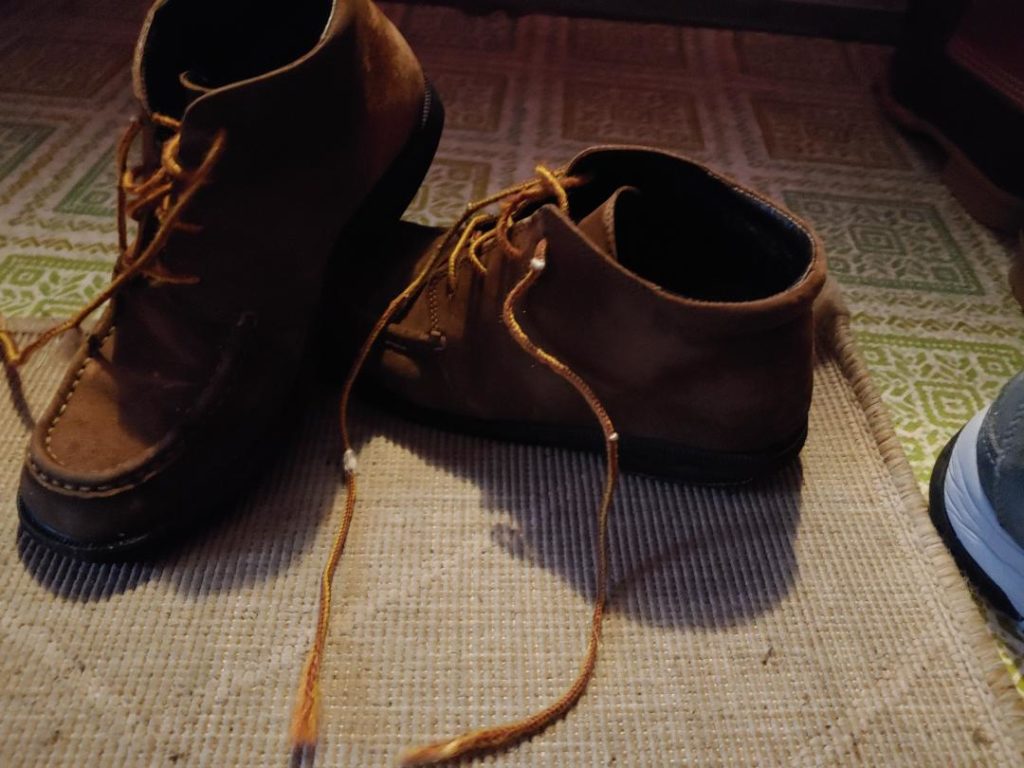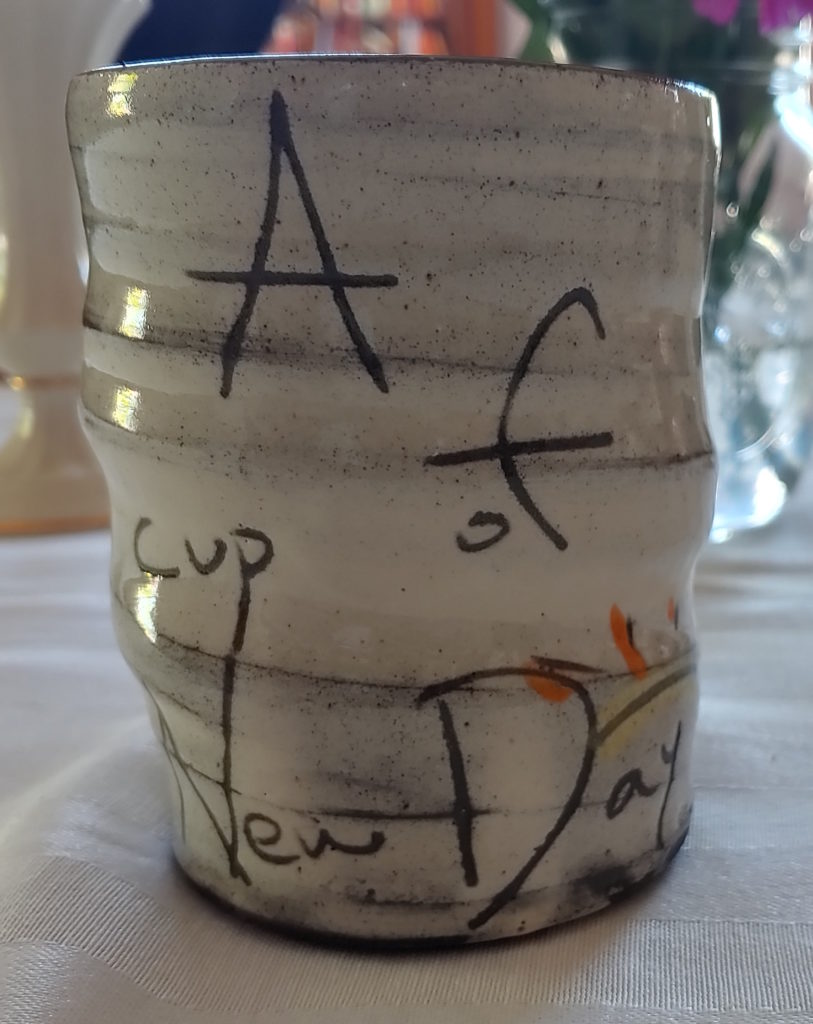As for tongues, they will cease…
It was never meant to be a badge of honor, or a gift that separated the true believers from the suspected doubters: speaking in tongues was a way to be open to the Spirit’s movement, and a word to the entire congregation because someone else would be gifted with its interpretation. But gifts meant to increase love and harmony are often the ones that can be twisted to decrease both.
Speaking in tongues will cease because the person with the gift will cease, and the gift was given to a particular place at a particular time. At the end of all things, all gifts end – including tongues. Used and valued rightly or wrongly, they end.
But that doesn’t mean the speaking was without value, or the gift a useless one. They are like the sandals Moses removed when he turned aside to approach the burning bush. He didn’t remove them because they were useless: he removed them because they got him where he was meant to go. They had done their job, given their service, fulfilled their purpose.
When we are in the presence of the Holy One, we leave the gifts on the threshold, thankful for their service and more than ready to let them go.
[For Paul’s complete love letter, click I Corinthians 13 above.]




